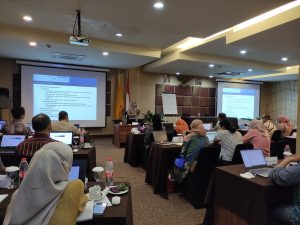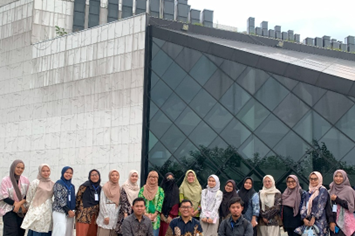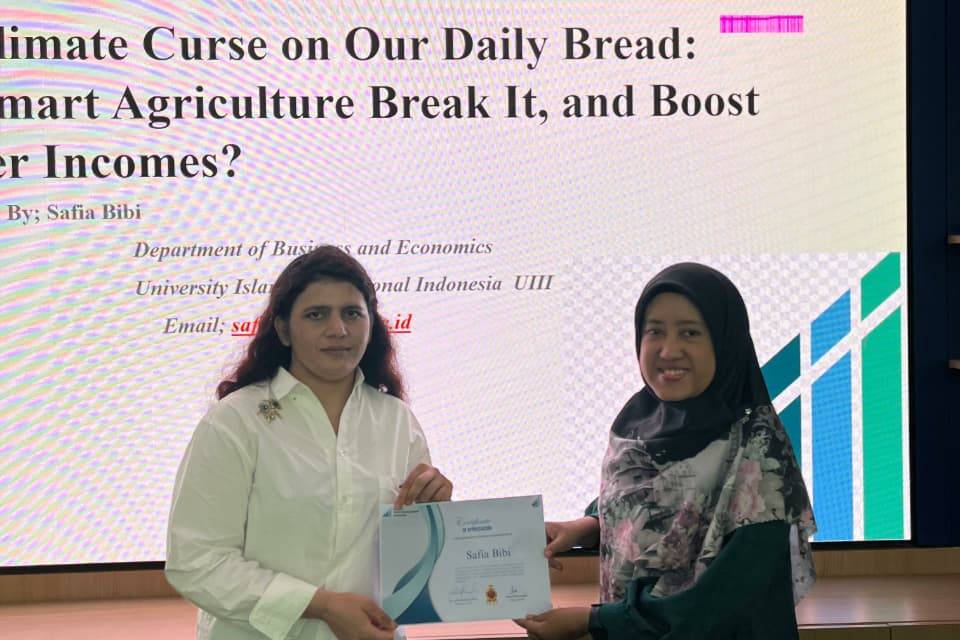
Price and value are not always synonymous. A valuable item does not always come with a market price. Admittedly, economic, business and even policy decisions are frequently based solely on market prices in the current market economy. For instance, the decision to transform forests into suburban buildings considers only the cost of the property rather than the value of forest services such as flood protection, landslides prevention, and water supply. Once disaster strikes, regret is of no use. The widespread disregard for non-market values in economic, business, and policy decisions is to blame for many of our society’s major problems.
Fortunately, techniques for gauging non-market values are a well-developed and well-established science. The Valuation School provides an environment where valuation techniques can be appreciated, learned, and socialized. Thus, our decisions in economics, business, policy, and even everyday living can wisely consider value, not just price. With such reason in mind, Milhatun Nisa’, a semester-four student of FEB UIII, enrolled herself to join the school and got herself accepted, passing the administrative selection, with 32 other participants out of 762 registrants from not only Java Island but also Lampung, Medan, Bali, etc. They work either in private or state companies in Indonesia, taking a deep concern for the environmental and economic issues into account in their respective fields.
Held in Unpad Training Centre (UTC) Bandung on January 27-28, 2023, the valuation school provided workshops related to Introduction to valuation: environmental issues and the viewpoint of economics, introduction to cost-benefit analysis, travel cost methods, hedonic price method, contingent valuation method, choice modeling, cost-based method, productivity method, dan benefit transfer. The materials conveyed by renowned speakers in the field, such as Prof. Zuzy Anna, Prof. Arief Anshory Yusuf, S.E., M.Sc., Ph.D., Dr. Alin Halimatussadiah, Mia Amalia, Ph.D., and Dr. Martin Daniel Siyaranamual had been elaborated with a case studies approach like estimating damage value due to PCB contamination in new Bedford Harbor and other relevant cases.
Milhatun Nisa’ admitted that she felt grateful and proud at once, granted the chance to not only obtain an in-depth perspective regarding green economics, which relates to her thesis topic but also have opportunities to assemble and broaden her network, which would be essential for her future career either as academic or researcher. More importantly, she highlighted that she got all facilities, including the accommodation and transport, were borne by the Economy and Environment Institute Indonesia (EEI) and SDGs Center UNPAD, hoping that what she learned could be integrated with and applied in her upcoming green economic research.

